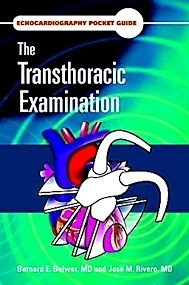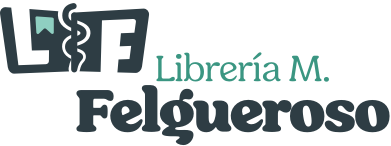Reseña o resumen
Provides a readable but authoritative narrative, outlining the value of incorporating evolutionary thinking early in medical training
Focuses on maternal and child health with an emphasis on female reproduction
Interdisciplinary team of experts in anthropology, biology, ecology, physiology, public health, and various disciplines of medicine present their rationale for clinically-relevant evolutionary thinking
Clinicians and scientists are increasingly recognising the importance of an evolutionary perspective in studying the aetiology, prevention, and treatment of human disease; the growing prominence of genetics in medicine is further adding to the interest in evolutionary medicine. In spite of this, too few medical students or residents study evolution.
This book builds a compelling case for integrating evolutionary biology into undergraduate and postgraduate medical education, as well as its intrinsic value to medicine. Chapter by chapter, the authors - experts in anthropology, biology, ecology, physiology, public health, and various disciplines of medicine - present the rationale for clinically-relevant evolutionary thinking. They achieve this within the broader context of medicine but through the focused lens of maternal and child health, with an emphasis on female reproduction and the early-life biochemical, immunological, and microbial responses influenced by evolution.
The tightly woven and accessible narrative illustrates how a medical education that considers evolved traits can deepen our understanding of the complexities of the human body, variability in health, susceptibility to disease, and ultimately help guide treatment, prevention, and public health policy. However, integrating evolutionary biology into medical education continues to face several roadblocks. The medical curriculum is already replete with complex subjects and a long period of training. The addition of an evolutionary perspective to this curriculum would certainly seem daunting, and many medical educators express concern over potential controversy if evolution is introduced into the curriculum of their schools. Medical education urgently needs strategies and teaching aids to lower the barriers to incorporating evolution into medical training.
In summary, this call to arms makes a strong case for incorporating evolutionary thinking early in medical training to help guide the types of critical questions physicians ask, or should be asking. It will be of relevance and use to evolutionary biologists, physicians, medical students, and biomedical research scientists

